We hardly ever notice how the things we used to love and own (VCR’s, CDs, flip phones, for example) slowly disappear and become replaced with more convenient devices. Only a few treasured things have survived, like a TV remote or door keys, but it won’t be long before we forget about them too. Which other appliances and devices will eventually face the same fate? Would your employer be able to clone you if necessary? Read on to find out.
Bhaskar Health decided to find out what’s going to happen in the near future and what things we’ll have to abandon and replace with new ones.
Side mirrors
Audi has already presented the release of cars without side mirrors in 2019. Soon, many other car companies will follow Audi’s example. All cars will have built-in cameras and the smart system will warn a driver in case of any danger.
Also, manual transmission and gasoline engines will fade into oblivion, as well. Since the beginning of this year, all new buildings in England will have EV chargers and by 2035, authorities plan to make most of the population drive environmentally-friendly modes of transport.
Remote controls
The Smart Home technology has become a part of our everyday life. All the devices can be controlled using a tablet or a smartphone and soon, we won’t even need to use regular remote controls.
Cash and credit cards
In 2017, company TSYS conducted a survey to determine the most popular method of payment. Only 120 people out of the 1,000 surveyed preferred cash while the rest chose credit cards. But the age of credit cards is coming to an end since you can already pay using smartwatches, smartphones, and other gadgets.
We’ll be able to master a new MasterCard technology called Selfie Pay where we’ll have the opportunity to pay for things by blinking. All you’ll have to do is to blink into the front camera of your phone. In November 2018, people will be able to test this technology in Europe.
Keys
In just 20 years, we’ll completely forget how regular door keys for our homes or cars looked like. The technology of a push-button ignition in cars isn’t new and just imagine that you’ll be able to open your apartment using an app on your phone, a voice command, or a retinal scan.
Wires
Phone chargers will very soon stop irritating smartphone owners with torn or open wires. Imagine taking your earphones from your pocket and they’re not tangled... We’ll be able to use radio waves and Wi-Fi to charge our gadgets. Annoying wires won’t make a mess in our homes or bags anymore and our world will become very futuristic.
Syringes
It’s both bad and good news. There won’t be any syringes in the future, a new weird type of technology will replace them. Scientists came up with 2 options: jet injections and capsules. Injections will shoot fluids through the skin faster than the speed of light. Capsules will contain tiny needles that will get absorbed by the digestive system and inject the drug into the bloodstream. Will this be painful? We’ll have to try it to know for sure.
Delivery services
During the most recent years, we witnessed many experiments with drones trying to deliver goods in order to replace delivery persons. In many countries, this type of delivery service is gaining popularity and we can assume that soon, flying boxes will become an ordinary thing.
Signatures
Paper is already playing a secondary role and biometric systems are becoming widespread. Smartphones and ATM machines can already recognize people by facial features. Also, signatures, as we know them, will disappear as well. Thanks to the facial recognition technology, just taking a look at your phone camera would be enough.
Plastic bags
It takes hundreds of years for a plastic bag to decompose. That’s why many countries have banned the use of plastic bags and encourage the citizens to use alternative methods of packaging. For example, we can use textile bags that cause no harm to the environment.
Computer mouse
Technologies that allow performing various tasks using hand or eye movement will soon replace familiar things. A computer mouse will be one of them. We won’t see the tiny cursor on the screen, wires, or dead batteries at an inopportune time.
Bonus: Irreplaceable staff members could be cloned.
They say there are no irreplaceable people. People from a Swiss bank think otherwise. That’s why they cloned the bank’s chief economist. Daniel Kalt’s digital clone operates with the help of the AI and his main goal is to provide the necessary assistance to the leading financial specialists and consult bank clients.
To create such a complex clone, they used 120 HD-cameras that recorded Daniel’s every move. Upon compilation of all the information, AI analyzed the nature of his communication with clients. Very soon, “digital Daniel” will get to work. Scientists are sure the clients won’t be able to tell the copy apart from the original. The project’s goals are pretty ambitious — the plan is to create many workers in such a similar way.
Would you agree to get your own digital copy done?


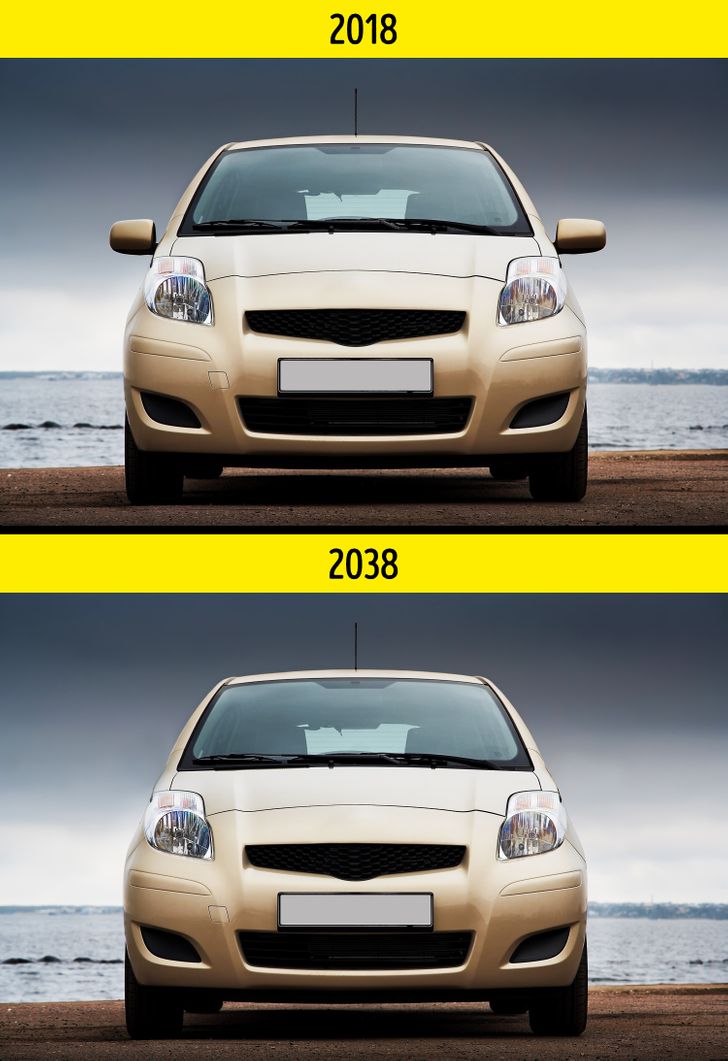
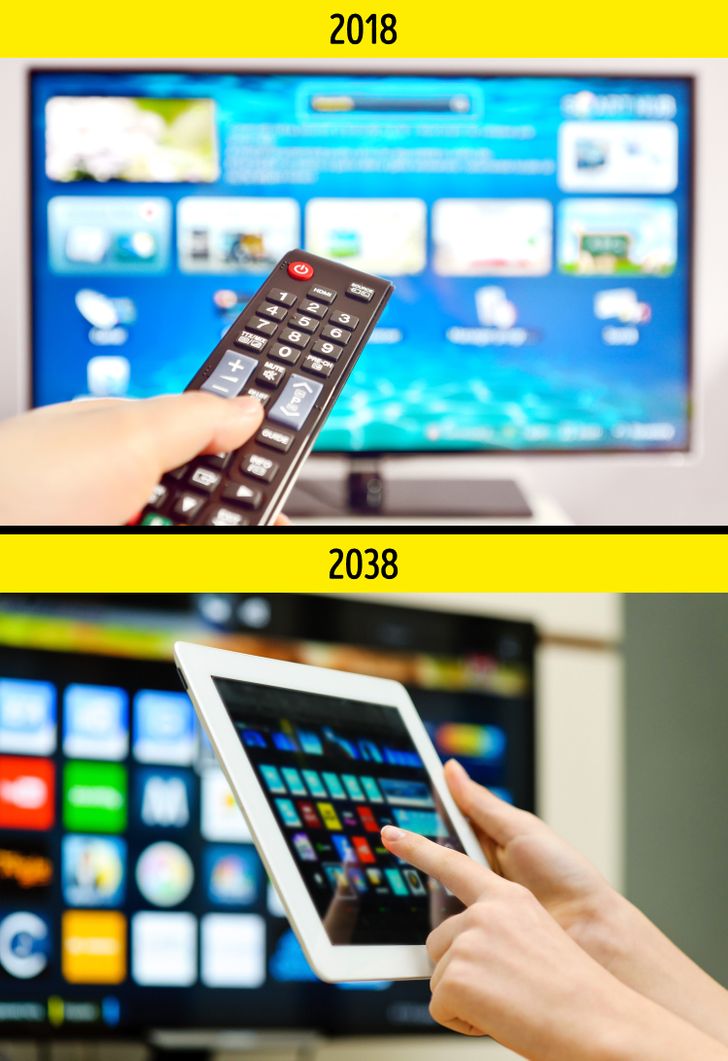
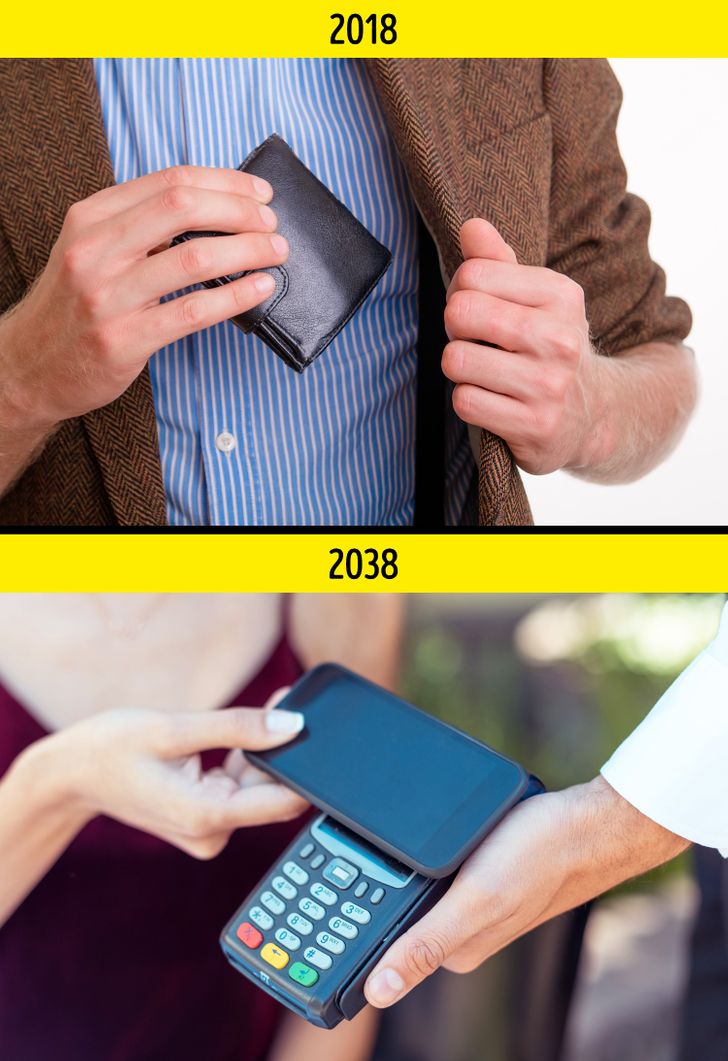
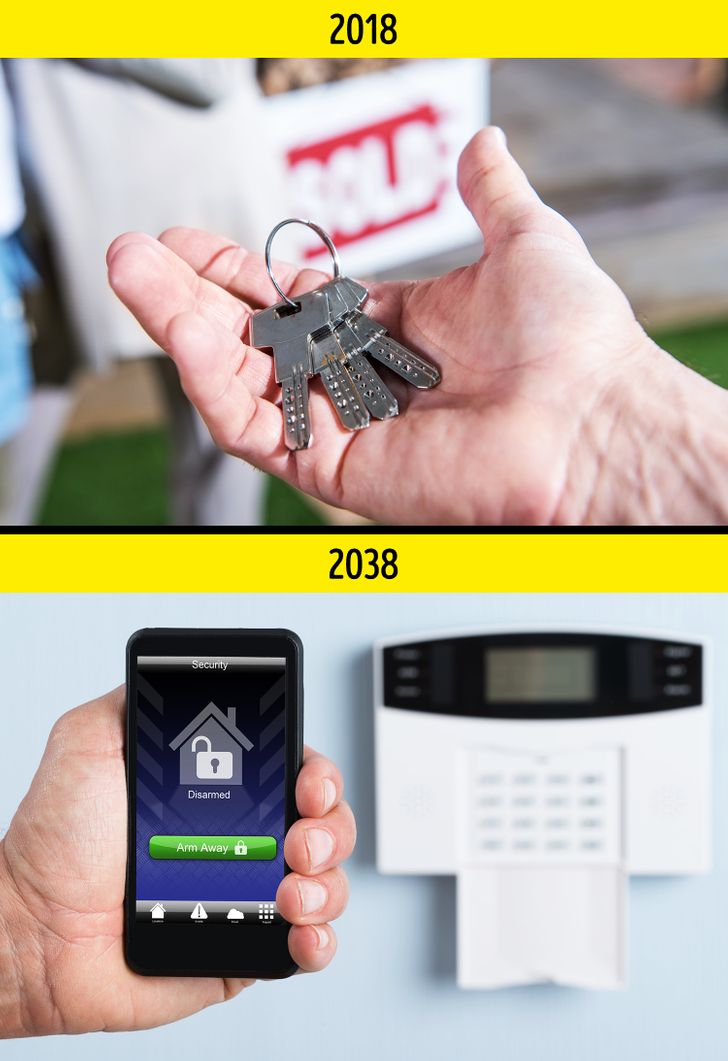
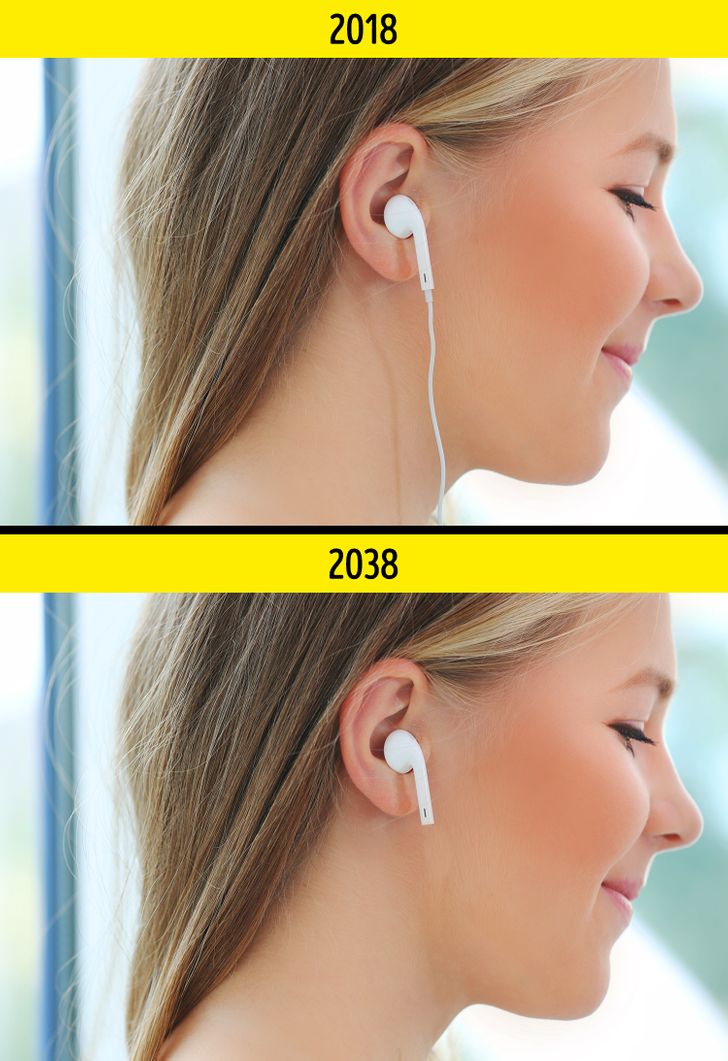
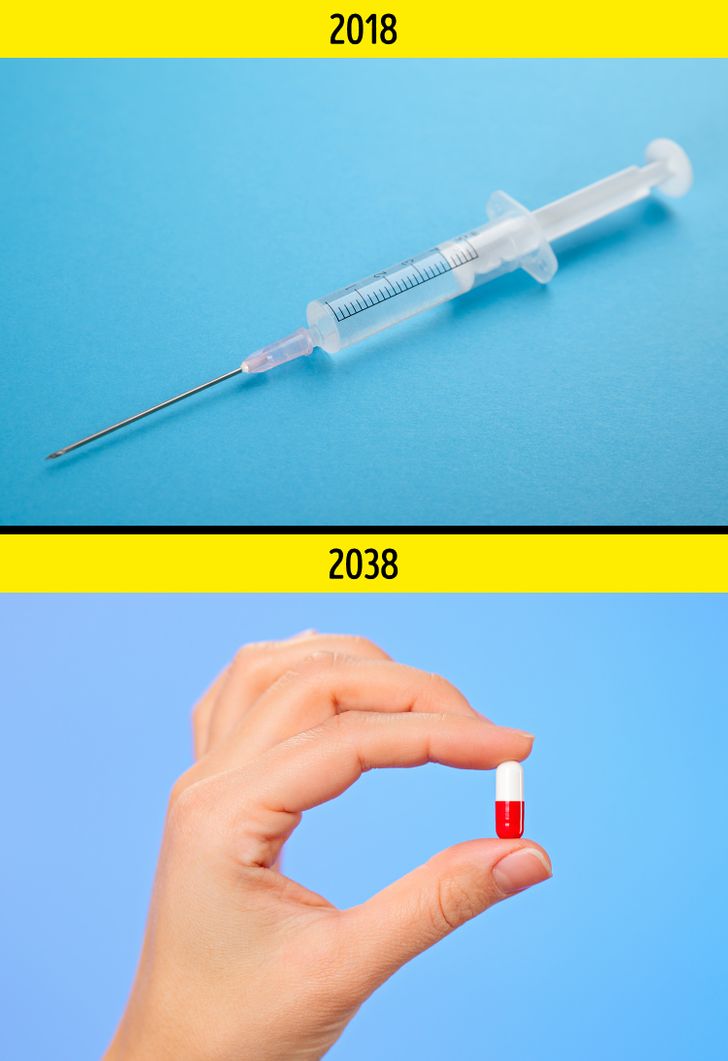
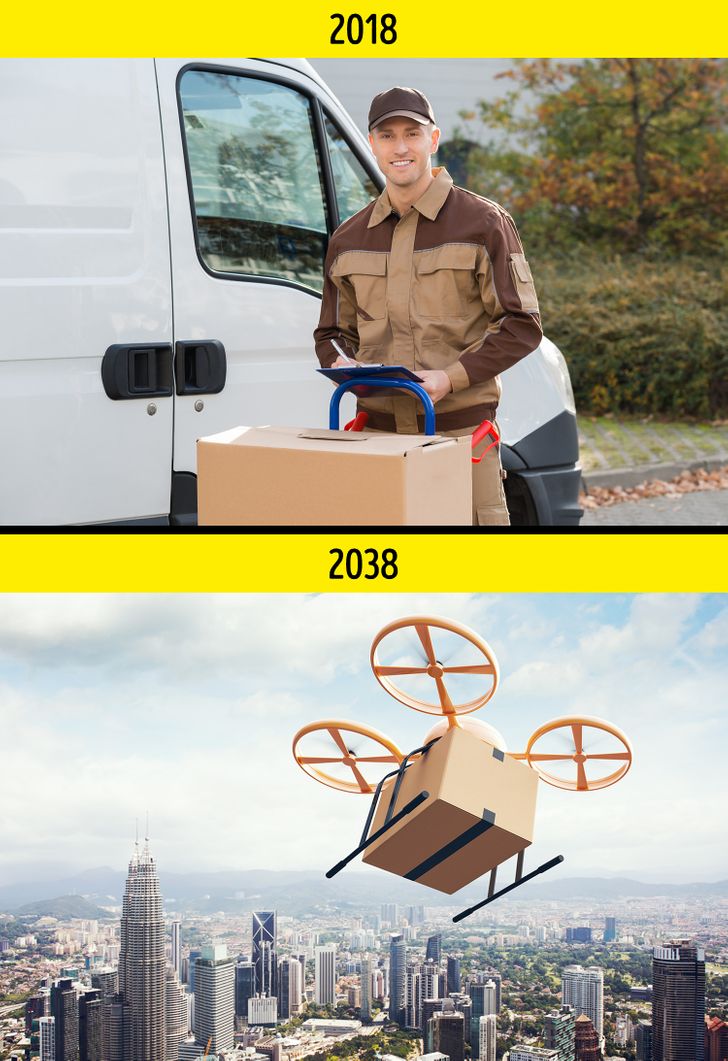
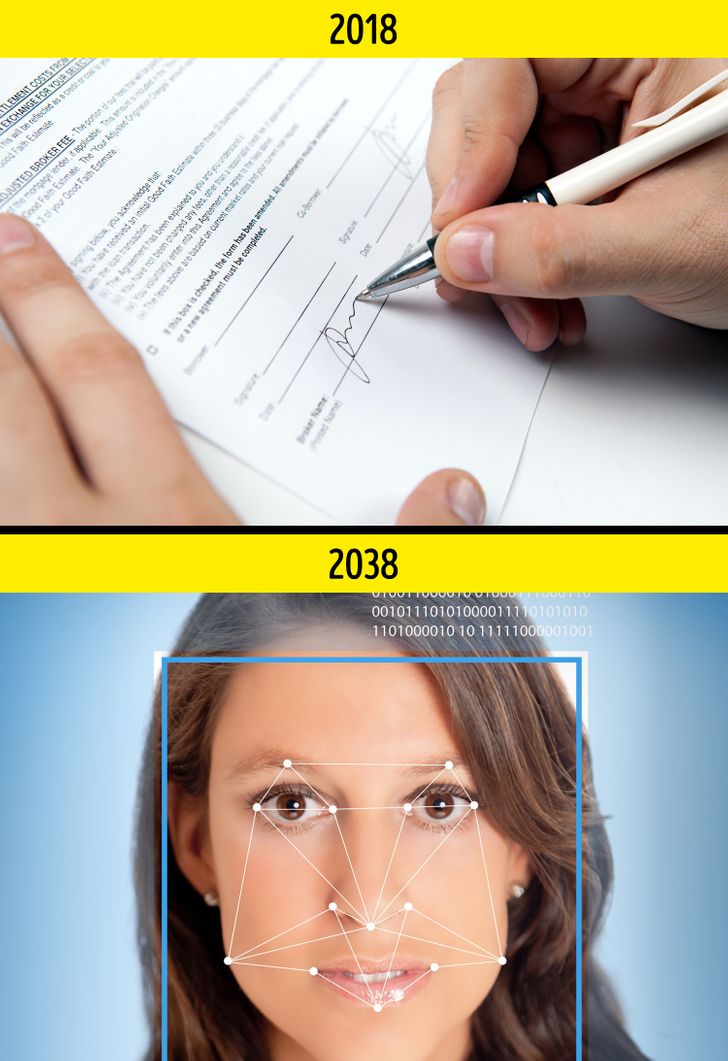

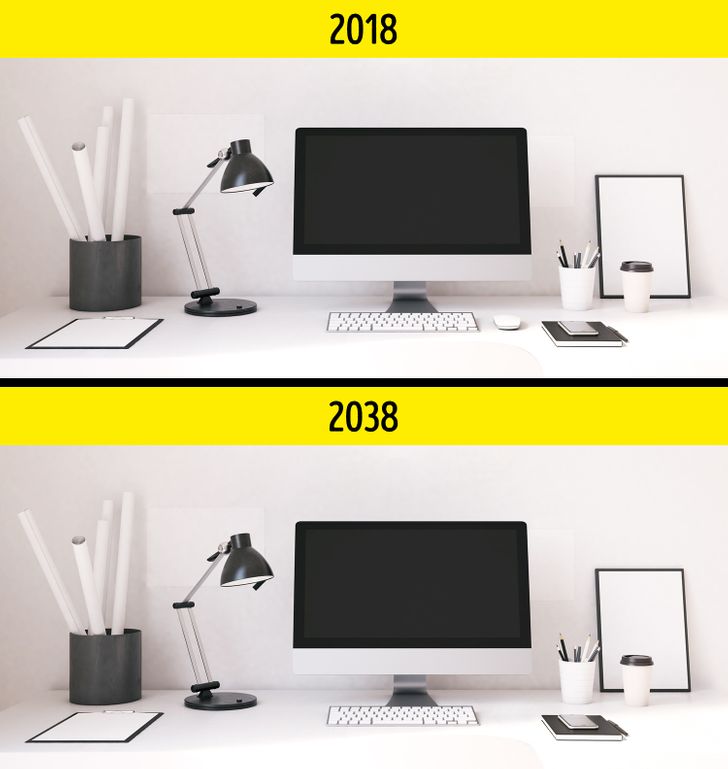
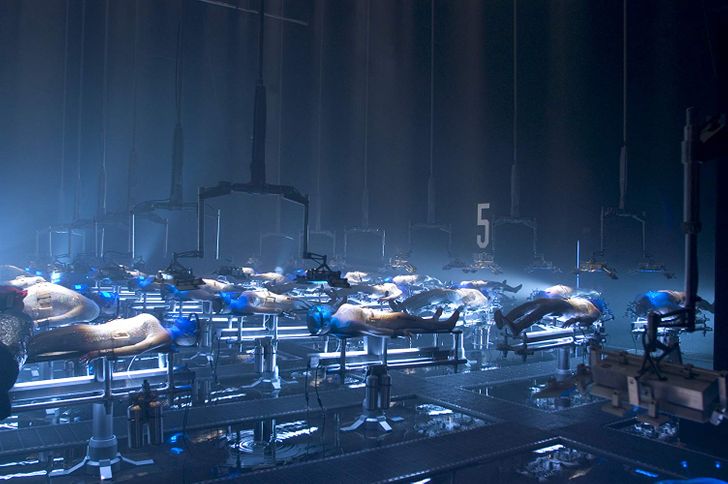
0 Comments